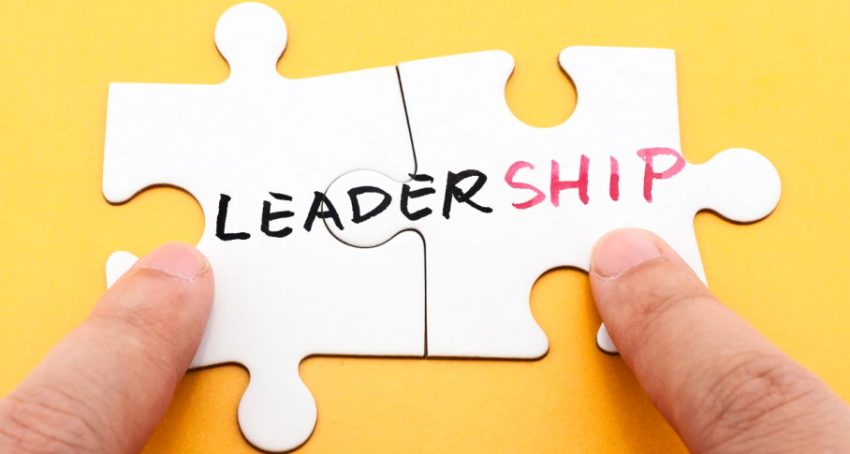Leaders are born, not made. This is a common misconception. Leaders are not born with a specific set of skills that make them who they are. Instead, leaders are made through the development and practice of certain skills. Youth leadership skills can be learned and developed at any age. This blog post will discuss the different ways to develop youth leadership skills.
We will also provide examples of putting these skills into practice. Let’s get started!
Steps to develop young leaders
Are you looking for ways to develop youth leadership skills? If so, you’re in luck. There are many different ways to help children and adolescents become leaders. Keep reading to learn more.

Leadership skills are important for young people to develop. There are many ways to help youth cultivate these skills. Here are five suggestions:
- Encourage them to take on leadership roles in extracurricular activities.
- Help them develop strong communication and problem-solving skills.
- Teach them how to work cooperatively with others.
- Encourage them to engage in community service projects.
- Provide them with opportunities for personal growth and self-reflection.
These are just a few ideas; there are many other ways to foster leadership development in young people. By nurturing these skills, we can help prepare them for future success.
What skills do you need to be a youth leader?
Being a youth leader takes dedication, time, and effort. It’s not something that can be done half-heartedly. You need to connect with the young people you’re working with, inspire them, and help them grow into their best selves. These are just a few of the necessary skills to be a successful youth leader. So, if you’re looking to make a difference in the lives of young people, make sure you have these skills under your belt!
Youth leaders (councilors) are the elected representatives of young people in their local area. They make sure their voices are heard by organizing events, campaigning on important issues, and sitting on sub-committees to help shape services that affect young people, like youth clubs and outreach projects for homeless young people.
To be a youth leader, you need to show confidence in your actions, have strong communication skills, and work well with other people. Being a youth leader can be quite demanding, so it helps if you are an organized person who is not afraid to speak up when something needs sorting out or when there’s a problem. You also need to think about what you would do if someone were bullied at school or upset about something. What can you do to help them?



